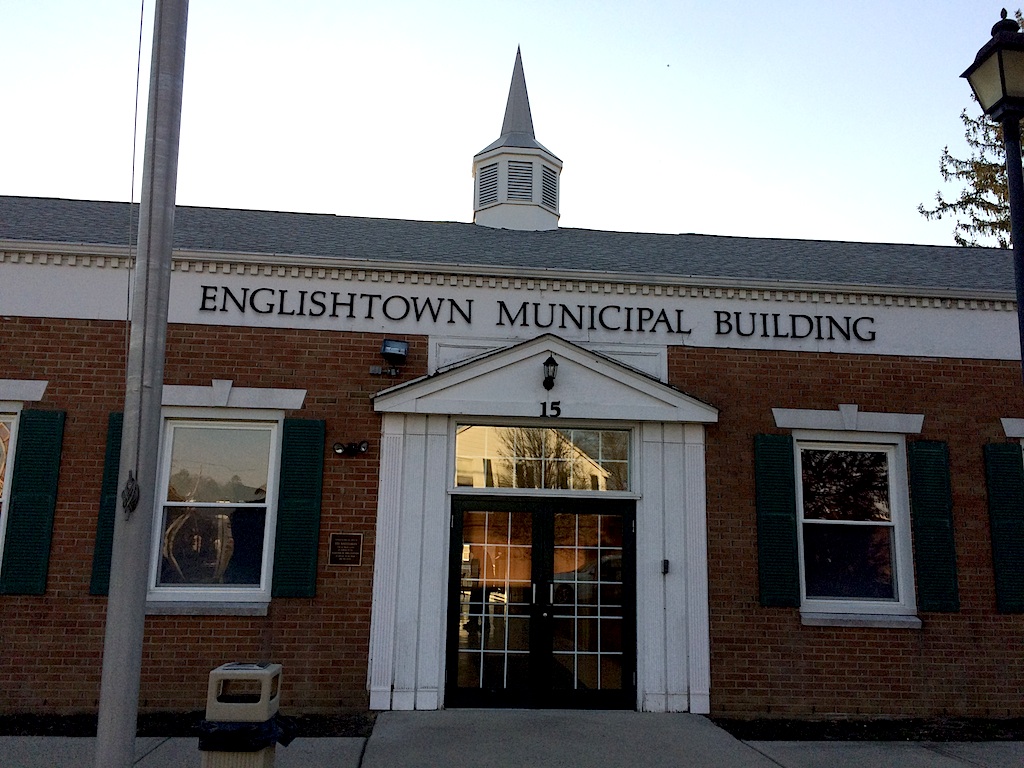ENGLISHTOWN – The Englishtown Borough Council has passed a resolution opposing two bills that have been introduced in the state Legislature. The bills concern the state Open Public Meetings Act (OPMA) and the state Open Public Records Act (OPRA).
A resolution that was passed by the council on Oct. 25 opposes Senate bill S-1045. The bill makes various changes to the law addressing meetings of public bodies to provide the public with greater access to meetings and information about meetings.
The council also opposes Senate bill S-1046, which revises OPRA. The bill expands and clarifies various definitions and makes changes to the duties of records custodians and the Government Records Council. It modifies the mediation process, making the Office of Dispute Settlement in the Office of the Public Defender available to mediate disputes, changes the penalty provisions, and it modifies access to the courts.
S-1046 specifies that fines imposed in regard to a public records decision cannot be paid out of public funds. In addition, the bill requires the state to create a public finance website and establish the New Jersey Local Public Finance Internet Website Development Program to provide advice and technical assistance to units of local government that elect to create a searchable local public finance Internet website.
The council’s resolution states that S-1045 and S-1046 “are unnecessary, unpopular with the public and would result in significant financial and administrative burdens on municipalities.”
Officials said the bills “fail to adequately protect taxpayers, municipalities and, especially, municipal clerks from abusive, harassing and purposefully confrontational individuals who submit voluminous requests for no legitimate reason.”
The resolution states that “the bills would impose a financial burden on municipalities that would not be offset by a revenue source other than the property tax, making the bills unfunded mandates prohibited by the New Jersey Constitution” and adds, “some municipalities are more equipped than others to meet the burdens that would be imposed by (the bills), however, without assistance of any kind from the state or the courts, every municipality would be on its own to meet the myriad new requirements of the law.”
Englishtown’s elected officials suggested that new legislation be drafted to modernize OPRA and OPMA “while providing municipalities and clerks with the resources to effectuate these changes for the benefit of the public.”

